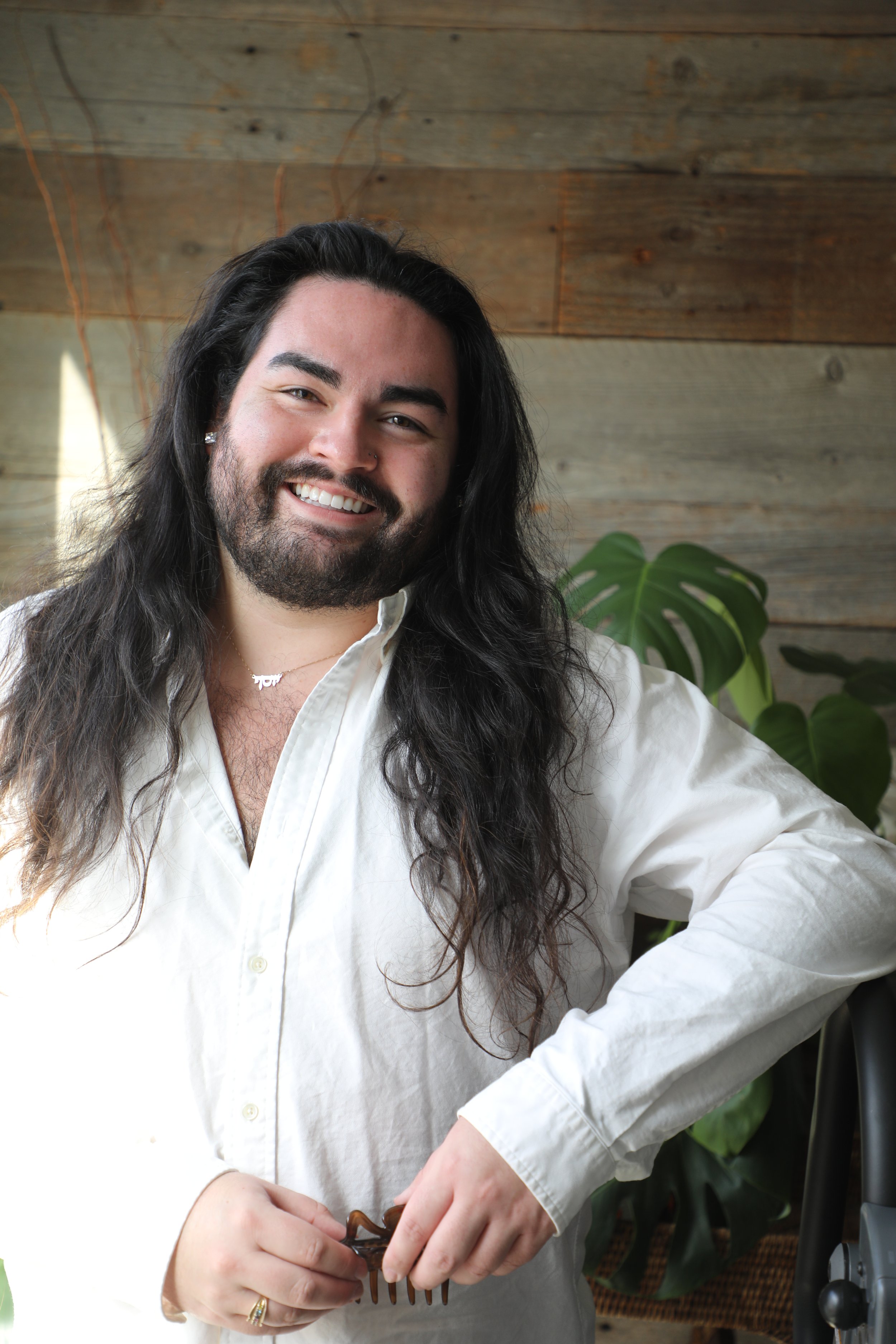Meet Division 51 Member: Joseph Anderson-Gutiérrez
Meet graduate student member
Joseph Anderson-Gutiérrez
When did you join Division 51? What made you interested in joining?
I joined Division 51 in 2016 when I was a sophomore in undergrad. During that year, I developed my academic interest in gender roles and how they interact with specific groups and identities, which led me to begin working with Dr. Angela Sabates on a project examining hypermasculinity within religious communities. As the project progressed, I wanted to connect to all the resources that were available to me, which led me to become a student member of Division 51.
What do you find most valuable about being a member of the division?
One of the most valuable benefits of being a member of the division is having access to the latest research on men and masculinities, which has been incredibly propelling for my research and clinical interests. Additionally, being connected to the community of researchers, clinicians, and educators passionate about the work on men and masculinity via the listserv, social media, conference meetings/presentations, etc. is exciting and motivates me to continue my own work in this field. It’s energizing to see the level of collaboration between members of the division and how this leg of psychology continues to expand and transform. It’s an honor to be a part of this psychological movement.
What are your clinical, teaching, research, or other applied interests relating to the psychology of men and masculinity?
My past and current research interests include gender-based violence, dimensions of masculinity in religious congregations, the interaction of spirituality in emerging adults, and the psychopathology at play in certain gender identities. More specifically, my research examines the ideologies influenced by cultural factors and how the associated perceptions, behaviors, and emotions impact intergroup relations. My current doctoral work is focusing on the anxieties and other psychopathology associated with the masculine gender identity. Finally, I will be teaching a course on sexuality and am eager to integrate the research housed in Division 51 and how it connects to sexual and gender identity psychosocial development.
Clinically, I am passionate about working with sexual, gender, and racial minority populations. I feel that since I have been given the privilege of being trained as a clinical psychologist, I want to do all that I can to provide services and resources to communities that have been shown to have a more difficult time receiving mental health services and psychoeducation. Gender and gender roles are extremely relevant to those populations, so my knowledge and awareness of the psychology of men and masculinity will be at the forefront of my clinical work.

